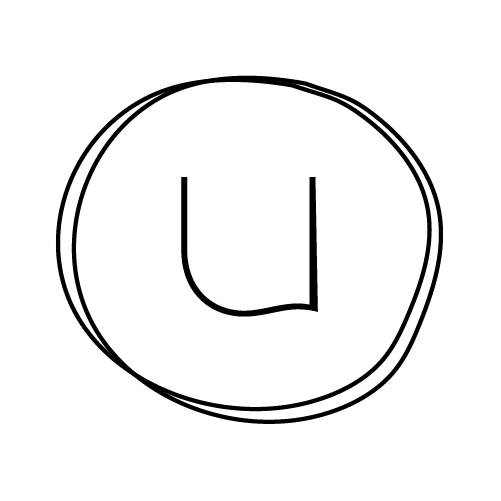What it takes to raise a Seed
Surbhi Rathore, CEO and Co-Founder, Rammer.ai
Seed round short Q&A
Last May I featured Surbhi Rathore's perspective on her company's participation in the 2019 Techstars Seattle accelerator program. Three and a half months later, Surbhi and the Rammer.ai team closed a $1.8 million Seed round. Here are key takeaways from her fundraising journey.
How many investors did you pitch (approximately) to close the round?
We ended up having meetings with less than 30 or so investors. We were very targeted in the approach of only reaching out to the firms with some investment thesis around Enterprise AI or platforms. And it was a pleasure to get connected with each of them.
What about your company's story changed or evolved as you pitched? What narrative worked best?
Every meeting was a new learning experience that gave us further clarity on handing the objections. One of the things I learned was making sure we communicate the vision in the right proportion to what exactly we are doing near-term. I would say in the end it was the strength of the founding team, the founder's insights in the market and what hypothesis we are validating, with a clear understanding of how we will get to the next stage.
How will you use the proceeds?
With this Seed round we will expand the engineering and data science teams to scale the platform and make it easy for developers to adopt this technology. We are also investing in business fundamentals to grow, acquire, and delight both customers and partners.
What people or groups were most helpful throughout the fundraising process, and how?
Techstars helped us immensely with the support system and access we needed to the right investors. Not just the entire Techstars team, but the alums from previous batches and mentors helped us with introductions and sharing the knowledge of what worked for them. It's always faster to learn from others' experiences and apply to your own journey.
Anyone you want to give a special shoutout?
Chris DeVore, Aviel Ginzburg and all our mentors during the Techstars program. Our entire team in India who stepped up to take more responsibilities as I (alongside Toshish Jawale, my co-founder) went through our first fundraise process. We are so excited to unfold the next phase.
What is a Seed round?
Here's an overview from Investopedia's Series A, B, C Funding: How It Works...
Seed funding is the first official equity funding stage* and typically represents the first money that a business raises. Some companies never extend beyond Seed funding into Series A rounds or beyond.
You can think of the "seed" funding as part of an analogy for planting a tree. This early financial support is ideally the "seed" which will help to grow the business. Given enough revenue and a successful business strategy, as well as the perseverance and dedication of the founders and investors, the company will hopefully grow into a "tree."
Seed funding helps a company to finance its first steps, including things like:
Market research and product development to dial in product-market fit
Hiring a founding team, or expanding the team
*I'm seeing more Pre-Seed rounds pop up on Crunchbase (there are two listed below in this week's update). Funding for a Pre-Seed business normally comes from the 3F’s (Friends, Family and Fans). The amount of money is usually small (under $1 million) because the business is still in the idea or conceptual stage. That said, both of this weeks's Pre-Seeds are $1 million and above (Airspace Link, $1 million; Kensho, $1.3 million).
Investors, I'd love your insight on the Pre-Seed trend. Contact me.

